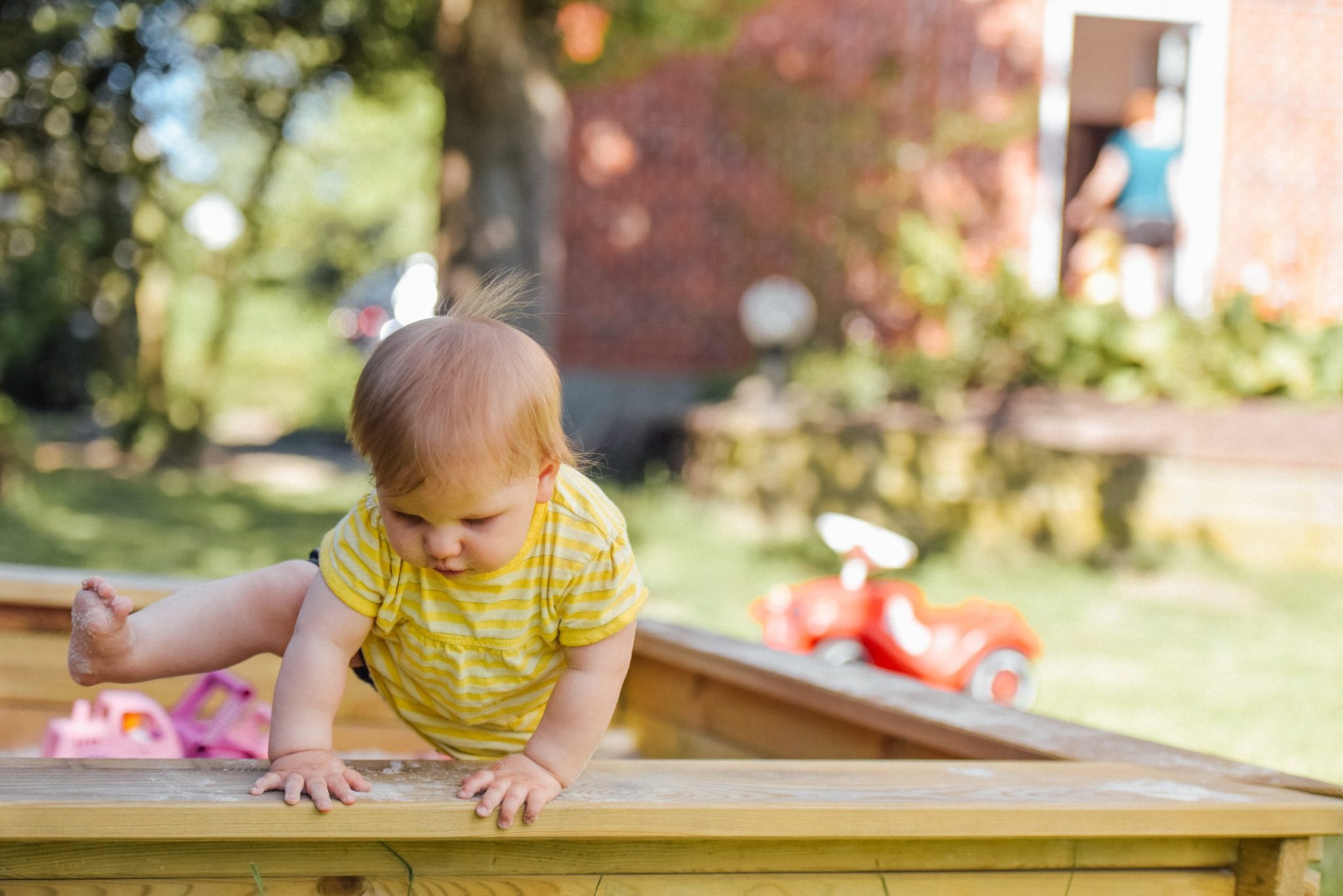Early childhood is a time for showing off, mixing fact and fiction, and learning how to think about the world using language. This is without being able to test the effects of our thoughts, actions, and plans, on the world, as we shall have to do later in life; but is enabled by language that is understood by others.
We have been having great fun learning that language, and inventing what we have not yet experienced, first with the help of our parents, and then by ourselves, as you will see in this account of a few months of my childhood.
In the early stages, children are not aware of the basic principles of how the world works, they have some extraordinary view of different things happening around them. For example, many of them think that they will be drained of water if they go down in the bathtub. A kid may protest if told that something will happen “tomorrow,” but be prepared to accept an explanation that an event will happen “after we sleep today.
At this young age, it is not easy to grasp concepts like tomorrow, time, size, and distance. Understanding shape, time, distance, fact, and fiction are all tasks that are part of cognitive development in the preschool years.
What are cognitive skills?
The concept of skill, and the concept of knowledge, is a personal and subjective experience. The two are not mutually exclusive, as a group of highly skilled individuals are also a group of knowledgeable individuals. There are many and varied definitions of skill, in the many different domains of knowledge. For example, in the art world, musical skills are just as important, and just as much a part of musical knowledge as a software engineer, or an electrician.
How nature and nurture together shape development in children?
At birth children just learn to see, hear and touch. By engaging in the sensory stimulation of his external environment, the child is already learning what they need to know about the world in order to use language to express what he wants.
Back in the 1960’s, psychologist Jean Piaget, argued that “children’s minds work differently from adults in fundamental ways.” Children’s thought “cannot be seen directly.” Instead, this research shows that the child’s intellectual development grows from the young child’s encounters with the world. In other words, the child has to learn to understand the external world by being informed by the things and people around him. A learning, enjoyable, and largely unsupervised experience. Because of this, Piaget’s “developmental sequences can be very misleading.”
Today, the most respected developmental psychologists are likely to agree with Piaget’s idea of a child’s learning of a language, but they would not, however, completely agree with his lifelong stages theory. For example, most would still subscribe to the notion that children develop in an orderly fashion, from birth to about two or three, following stages like concrete operations, egocentric, to preoperational, to formal operational, to thinking, to production of his own thoughts, to conservation, and meta-operational.
Does Cognitive Development Progress Through Distinct Stages?
There is a distinction between “stages” and “abilities.” Infants who are not yet crawling, for example, may have developed a hand-to-mouth reflex, but their motor abilities will probably have increased by the time they are crawling. Likewise, they may be taking in information through their eyes, but their vision may be much better by the time they are walking. In short, development is not one-dimensional or a linear process.
Play ideas to develop cognitive development in toddlers
You can also read parenting guide books that help you to understand cognitive development in children, how to play, and facilitate cognitive development in children. Parents can use the play ideas in the book to play and interact with their children, to facilitate further cognitive development in them. Here are some everyday play ideas to support your toddler’s thinking and learning:
- You can help toddlers by playing and solving puzzles together.
- Sing simple songs together to make them understand animals, actions, and other things.
- Play ‘I am going to school’ and ‘I am going to work’ together so that they understand perfectly.
- Play games like sorting colored blocks, shapes, animals, etc.
5.Read and recite books to them and make them learn about time, distance, measurement stories.
How Do I Develop Cognitive Skills In My Child?
I felt that it is a journey of evolving and teaching my child with cognitive skills. Teaching cognitive skills is like teaching a child to play the piano, teaching the child to read and write, and teaching the child to speak properly. All these skills have an intrinsic value which the child gains as he/she learns these skills. There are many things which we teach children in their early years up to the age of five or six and everything of value provides an important wealth of knowledge. I followed few ways to develop these skills in my children:
1) Having a good source of information for the child, which can be at least a hand-book and some reference material.
2) To let children make some discoveries on their own.
3) Preserve the curiosity and interest of a child and channel it effectively.
4) Constant talking with the child about his/her discoveries.
5) Opening up new ideas in day-to-day life.
6) Make an environment like an amusement park for children at home.
You may want to give your kids the best of everything, but don’t forget that every child is special. Some understand things quickly while some take time to grasp them. So, be patient and enjoy the growing stages of your kid’s life.
>>> https://nanniesandkidsunited.com/development-stage/


